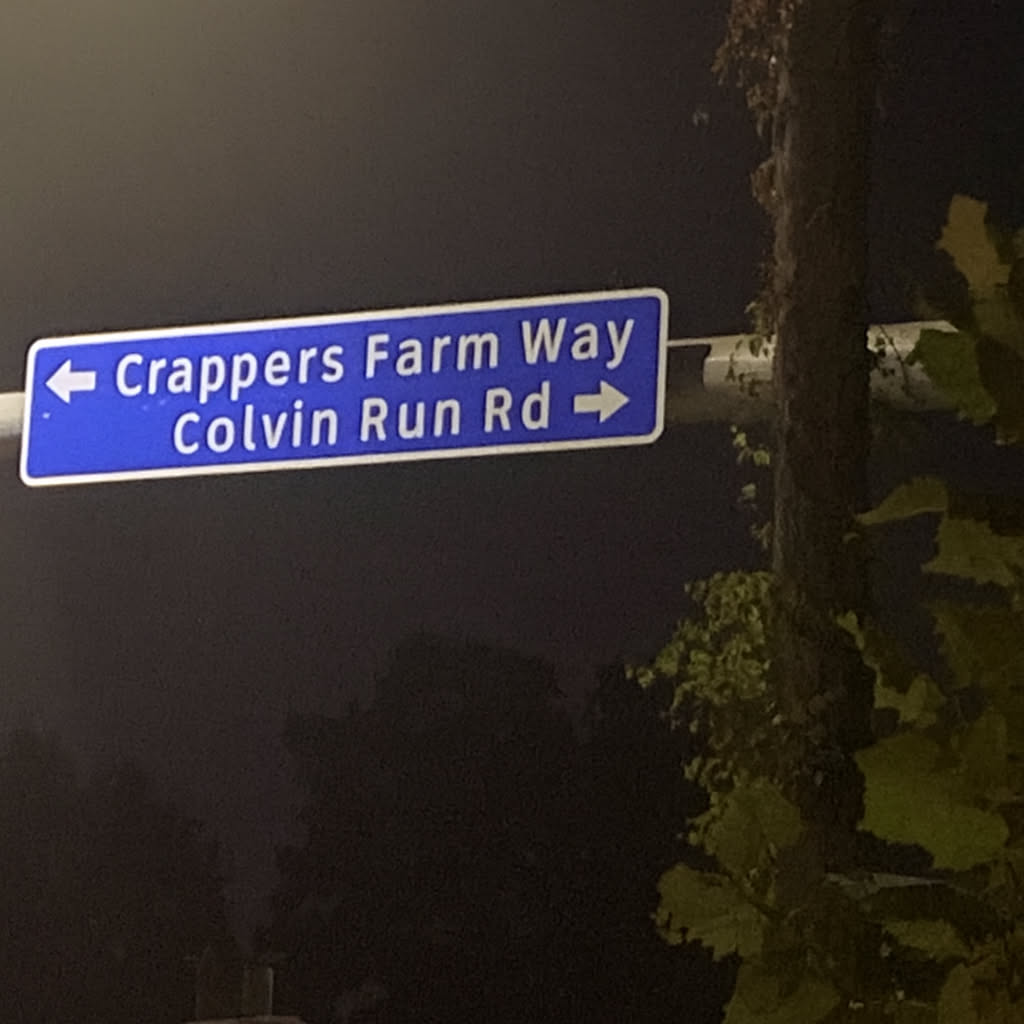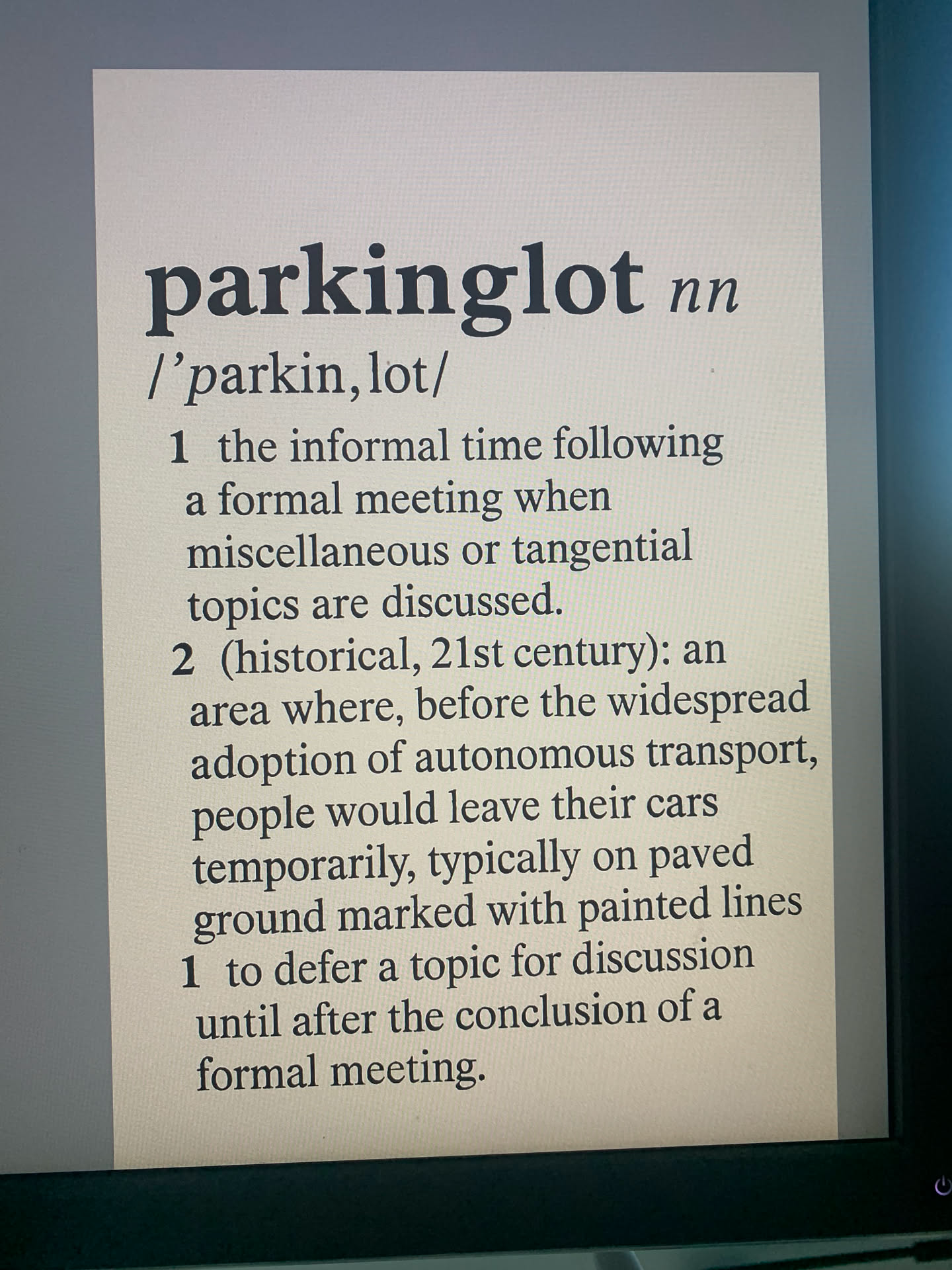
Frozen in Time
Saw a bee on my roof this morning which I hadn’t seen before. It was a cold morning. The bee was still and sitting. Some shifting of weight with the wind. I took a photo of this bee. But there is a bee whose photo I could not ever take before, because ever since I started coming to this rooftop every day for a year, during the warmer days there would almot always be another bee a kind of yellow jacket bee, that would always aggressively say hello right up to your face, so there was never really a time I would attempt or even think of taking its photo as it tries to hover in front of my face....

